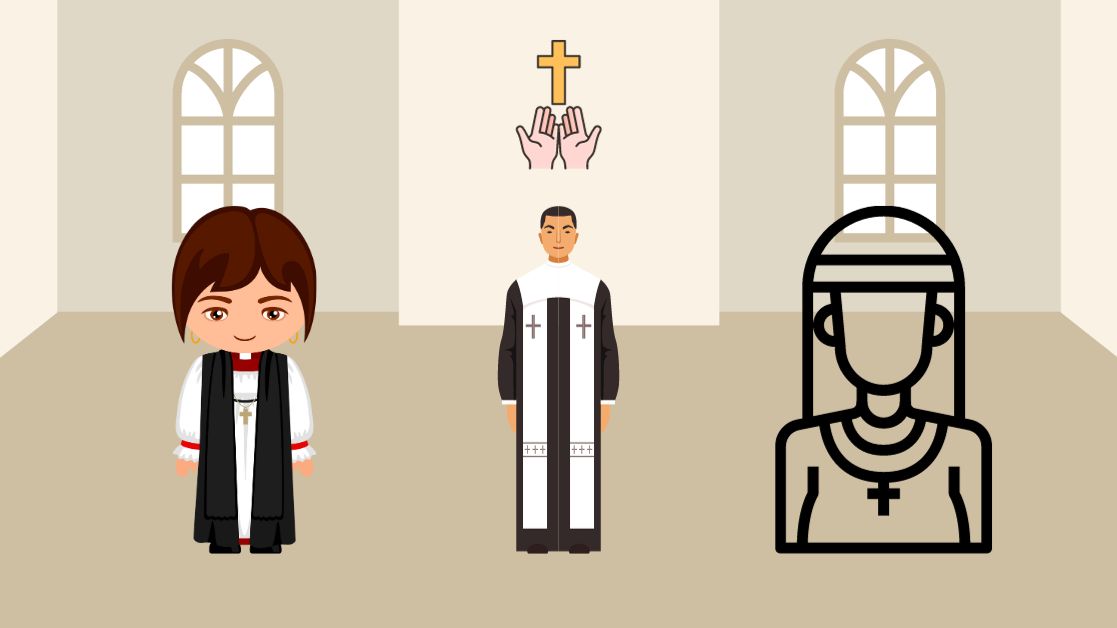The role of women in pastoral ministry has been a subject of discussion and debate within many religious traditions for centuries. While some religious denominations have embraced women in leadership roles, others maintain more conservative views based on their interpretation of biblical texts.
In this article, I will discuss what the Bible says about women in pastoral roles.
Before we delve into the topic, it is crucial not to frame this matter as a conflict between men and women. This is not an issue rooted in chauvinism or discrimination but rather an interpretation of the scriptures.
What Does The Bible Say About Women Pastors?
One of the most frequently cited passages concerning women in leadership roles in the church is found in Paul’s first letter to Timothy (1 Timothy 2:11-12).
Interpretation of this verse varies widely, with some arguing that this passage prohibits women from serving as pastors and teachers, particularly over men. In contrast, others maintain that it should be understood in its historical context.
Critics suggest that Paul may have been addressing specific issues in the Ephesian church rather than issuing a universal ban on women in leadership.
Galatians 3:28 provides a contrasting perspective. Supporters of women in pastoral ministry argue that this verse highlights equality in Christ, suggesting that gender should not be a barrier to leadership in the church. They contend that this verse should inform our understanding of women’s roles in ministry.
The Old Testament offers examples of women in leadership roles, such as Deborah (Judges 4:4). She served as a judge and a prophetess, and her leadership is often cited as evidence that God can use women in significant roles of authority.
However, it is crucial to recognize that the authority of women in the Old Testament does not directly pertain to the question of pastoral roles within the church.
Women in the Catholic Church
Many women exhibit exceptional talents in areas such as hospitality, compassion, teaching, evangelism, and service. A significant portion of the local church’s ministry relies on the contributions of women.
It’s important to note that within the church, women are not prohibited from participating in public prayer or prophecy (1 Corinthians 11:5). The restriction primarily pertains to exercising spiritual teaching authority over men. The Bible does not contain any explicit limitations on women utilizing the gifts of the Holy Spirit, as highlighted in 1 Corinthians 12.
Both women and men are equally called to engage in ministering to others, as outlined in Galatians 5:22–23, and proclaiming the gospel to those who have not yet encountered it (Matthew 28:18–20; Acts 1:8; 1 Peter 3:15). This underscores the vital role that women play in the life and outreach of the church, as they contribute their diverse gifts and talents to serve and advance the Kingdom of God.
Bottom Line
God has established that positions of spiritual teaching authority within the church are reserved for men. This designation does not suggest that men are inherently superior as teachers or that women are in any way inferior or less intellectually capable.
Instead, it reflects God’s specific structure for the church’s functioning. Men are called to lead by example in spiritual leadership, both in their conduct and teachings.
Women are encouraged to provide guidance and instruction to other women, as emphasized in Titus 2:3–5. Moreover, the Bible does not impose restrictions on women teaching children. The sole limitation pertains to women assuming teaching roles or exercising spiritual authority over men, which includes serving as pastors to men.
It’s essential to clarify that this limitation does not diminish the significance of women in the church. Instead, it aligns with God’s intentional design, granting women a ministry focus that harmonizes with His plan. Each role within the church carries its unique purpose, contributing to the broader mission and unity of the body of Christ.




